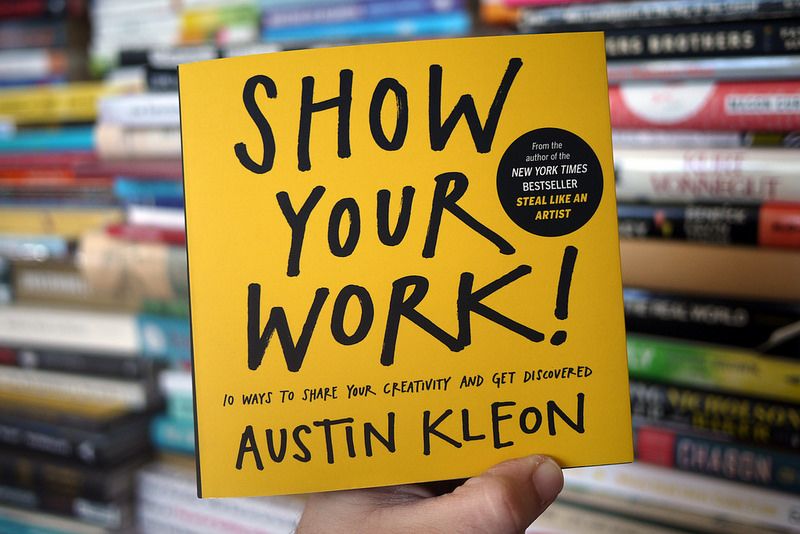In the early 19th century, as the industrial revolution was well under way, engineers from across the West were heavily invested in designing machinery of all colours for increasing the efficiency, safety and affordability of manufacturing.
In Nottingham, a group of textile workers had been secretly organising themselves under oath in anticipation of a nation-wide rebellion against technological automation. Known as the ‘Luddites’, they considered the use of textile machinery by their employers to be ‘fraudulent and deceitful’ for fear that their skills as craftsmen would go to waste. The radical group protested against this advancement by destroying the machinery they feared would render their work redundant. It would take an intervention of the government – on a military scale – to to eventually bring the Luddite movement under control.

Today, the term Luddite has come to be used more generally in reference to those cynically opposed to the use of technology for the purposes of automation, computerisation and industrialisation.
It is ironic therefore, that two centuries on from the original Luddite episode, Nottingham and the United Kingdom more generally, have been experiencing an almost miraculous growth in employment to the highest levels seen for more than a generation. This has happened in parallel to the most wide-scale process of industrial automation we have ever seen.
Despite most of the industrial jobs of the 1800s having changed beyond recognition, or ceased to exist altogether, our economy has adapted with the greatest dexterity to leverage the full range of benefits which technology has to offer, leading to one of the most dramatic rises in national (and global) prosperity ever seen.
It is because of this story of progress that I am instinctively optimistic about the capacity for technology to remain a servant of human freedom and ambition, rather than primarily as a liability for us to become subservient to.
Despite the risks presented from artificial intelligence, cyber security and climate change, I am still deeply positive about technology.
However, it has simultaneously become clear that in this particular generation, we have allowed the interests of a small number of organisations, to persuade us that a technologically advanced lifestyle is equivalent to the unyielding tyranny of being ‘online’, and that the future resembles the restless hum of the attention-on-demand economy.

Social media companies have been revealed to have hired so-called ‘attention engineers’ to design and optimise the algorithms which run our news feeds to trigger us into a dependence on constant engagement with their platforms. Indeed, as Cal Newport points out, they often employ techniques used by Las Vegas Casinos to cause the release of the same addictive hormones that give us that irrational craving for more.
We have [been persuaded] that a technologically advanced lifestyle is equivalent to the unyielding tyranny of being ‘online’, and that the future resembles the restless hum of the attention-on-demand economy
And this is really bad for society — the research on this is clear. It’s like a slot-machine in your pocket. Our society is addicted to news and social media, and it’s undermining much of the basic fabric of our relationships and self-identity.
- Use of social media is correlated with feelings of loneliness
- Use of social media for social approval is related to feelings of inadequacy
- Constant exposure to the world underpins a restless ‘background anxiety’
- Dependence on social media for comfort and validation is weakening the strength of our relationships and leading to isolation and distrust
I see elements from that list in myself and it’s not something I ever asked for or expected.
A month-long experiment with Digital Minimalism
For a while now, I have been practicing the slow art of taking back control of my own attention. A few years back, I might have spent 3 or 4 hours a day in mindless meandre through the dizzying corridors of the internet.
Now, I simply don’t have the time for that kind of temporising self-prevarication and I have been on an iterative journey of tightening the reins on my time.
I spent my morning commute a few weeks back listening to Cal Newport’s book ‘Digital Minimalism’ which has reminded me that I still have an inordinate way to go in resisting the power that technology has over me and to fully render technology a servant not a master.
So for the month of January, I have decided to detox from digital tech.
What actually is a digital detox?
At the moment, my use of technology is fairly comprehensive. I use social media, read the news and catch up on my Medium consumption almost every day, and often sit back for an hour or two at the end of a busy day to watch an episode or two on Netflix.
I also use digital technology pretty extensively at work. I use it for writing code, designing solutions, tracking progress, communicating with team members and clients and researching solutions for project work. In all I spend about 8–9 hours a day sat behind my computer.
It would of course be entirely disabling to completely eliminate all use of technology from my life.

But I want my detox to be radical. Not radical to the Luddite extent, but certainly an exaggerated distancing from all non-essential use of technology.
By ‘non-essential’ I mean: All use of technology for which temporary removal would not harm or significantly disrupt the daily operation of my professional or personal life.
Cal defines Digital Minimalism as
“A philosophy of technology use in which you focus your online time on a small number of carefully selected and optimized activities that strongly support things you value, and then happily miss out on everything else.”
So here goes — my Digital Detox Manifesto. These are the steps I’m taking during January to detox my digital life.
- Delete Facebook, LinkedIn, Twitter and Instagram from my iPhone and iPad
- Set up Screen Time on iPhone to disable all apps after 7pm except for Clock, Phone and Messages.
- Turn off all notifications (including WhatsApp and Messenger)
- Leave phone in car while at work (8:00 am until 5 pm)
- No TV or radio (except once a week max with a group of friends)
- Schedule all work email for 1pm each day (after lunch)
- Schedule non-work email for 5pm (just after work) only
- Schedule a strict 5 mins per day at 5pm to check for important social media notifications
- No more than 3 browser tabs open at any time
- Tidy phone home screen with just the essentials and put all others in folders hidden away (use spotlight search instead)
- Hide bookmarks bar in Chrome
- No computer games
In effect, I’m eliminating pretty much all use of digital technology, except use of the internet and email for work.
I don’t intend for this to be permanent
Now I want to be clear here, just so that I can’t be accused of hypocrisy after the month is up — this isn’t permanent.
I always seem to find myself, phone-in-hand, just scrolling, asking myself — why!?
For the last few years I’ve tried to eliminate all the unnecessary negative effects of technology and social media from my life, but still feel the irresistible pull towards my phone whenever I have a few moments spare.
I still find that when I’m in a queue, on the bus, in the lunch canteen or waiting for my dinner to cook, without ever making the intentional decision to do so, I always seem to find myself, phone-in-hand, just scrolling, asking myself — why!?
So from December, I will consider which elements of the list above — if any — I want to re-introduce. But the key here: I hope that I will do so intentionally.
There will need to be a significant and positive benefit which outweighs the negatives before I will decide to loosen the rule book and re-adopt my current digital practices.
I have to admit — I am a bit nervous. I’ve heard the first couple of weeks can be hard. But I’m excited!
See you on the other side!


